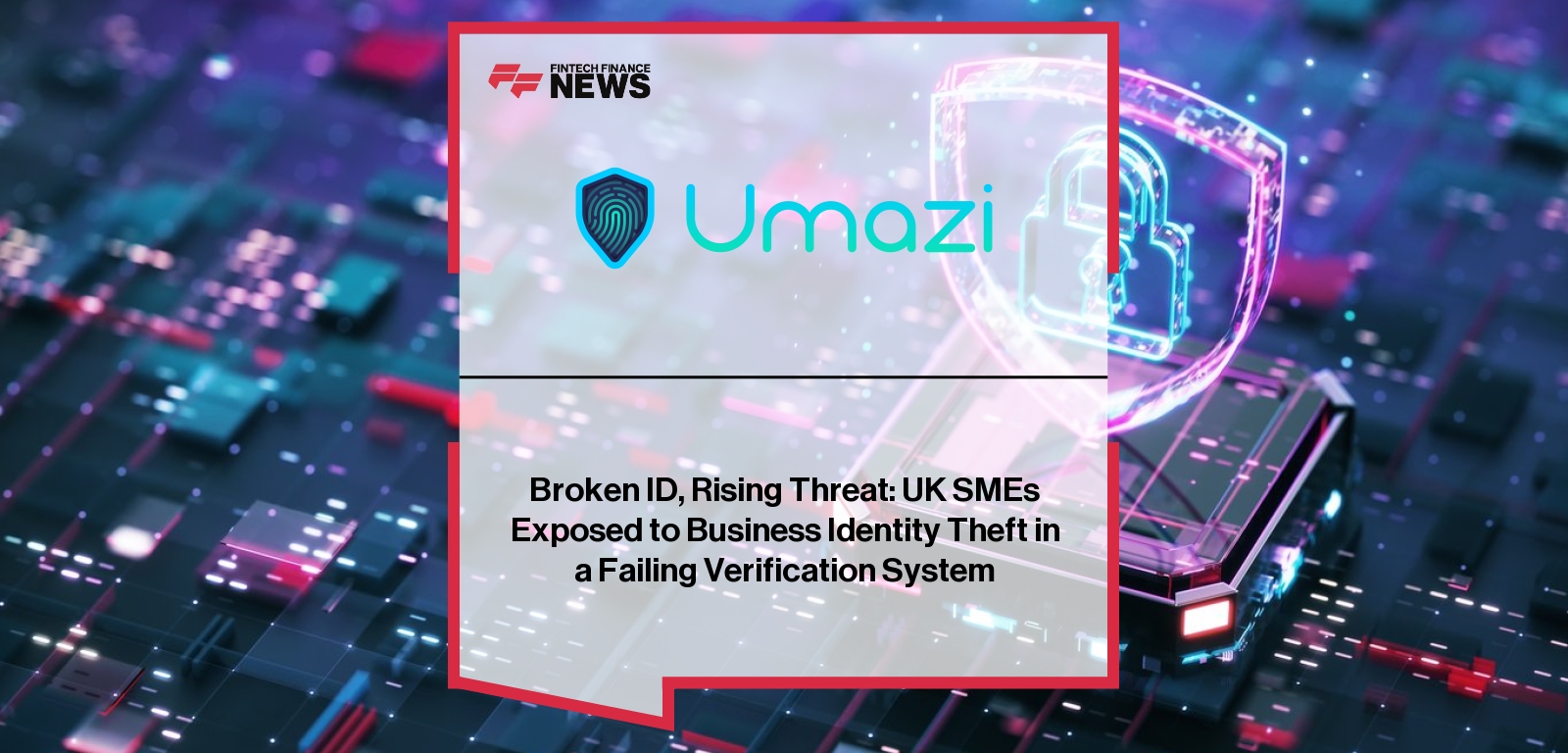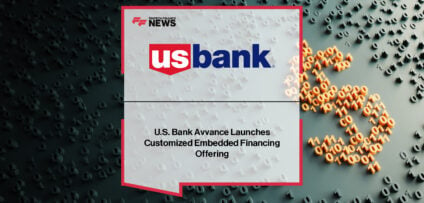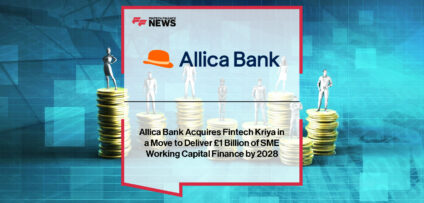Breaking News

Broken ID, Rising Threat: UK SMEs Exposed to Business Identity Theft in a Failing Verification System
UK SME identity theft is becoming a growing threat as thousands of small businesses remain vulnerable due to outdated verification systems. A New research from Umazi, shows that business identity fraud is on the rise, which shows that the way UK companies are verified and watched has some major flaws.
The report, Broken ID, Broken Growth: The UK’s Verification Chokehold, exposes that outdated, paper-based processes are putting thousands of small businesses at risk of fraud, delays, and data misuse.
“The irony is painful. While we celebrate advances in AI, fintech, and digital innovation at the top end of the economy”, said Cindy van Niekerk, CEO and Founder of Umazi.
“Most SMEs are still relying on printed bank statements and scanned ID cards simply to prove their existence without key privacy and data protection measures in place. This is not a true digital economy—it’s a digital illusion.”
The growing risk and its impact on SMEs
70% of SMEs surveyed say they are worried their business data or identity could be stolen or copied. Many are already struggling with tax increases, inflation, and rising administrative burdens, and the failure to modernise verification processes is making the situation worse.
“Unlike large corporations with established legal defences and brand recognition, SMEs lack the resources to fully protect themselves when bad actors attempt to impersonate or defraud them. Instead, they face fragmented, manual verification processes that slow down legitimate operations and fail to prevent fraud.”
Experts say that stopping fake registrations in the UK requires modern digital verification tools and real-time business data.
45% of SMEs say new technologies to reduce identity fraud would significantly support their operations. Yet most remain locked in repetitive, manual processes that waste time, drain resources, and expose sensitive data.
“When SMEs are locked out of growth, the effects cascade across the entire economy,” Van Niekerk added.
“From retail to education, from hospitality to healthcare, small businesses provide vital, community-anchored services. If they’re starved of capital or forced to waste weeks on verification admin, the whole country loses—through fewer services, less competition, and higher prices.”
A digital identity solution for SMEs and the UK economy
While some SMEs turn to costly and time-consuming intellectual property protection, a secure digital corporate identity would be a far more accessible and effective defence. It would allow businesses to verify themselves once, store data safely, and deter fraudulent activity in real time.
“A secure, digital identity for businesses would eliminate duplication, reduce fraud risk, and open access to funding without the paperwork marathon. The concept isn’t speculative—it’s backed by overwhelming demand. We don’t need more policy papers or pilot schemes. We need political courage and regulatory action.
Van Niekerk concludes: “The UK has the talent, the innovation, and the infrastructure. But if we don’t modernise how we treat small businesses, we will continue to fail them—and fail the economy they drive.”
If the UK doesn’t take quick action, UK SME identity theft could cost the economy millions of dollars and damage trust in business registration and corporate transparency systems.
People In This Post
Companies In This Post
- AI in Banking: From Pilots to Production-Pragmatic Read more
- EXCLUSIVE: “Smarter Decisions. Smarter Operations” – Akber Jaffer, Smartstream in ‘The Paytech Magazine’ Read more
- Paygentic Raises a $2m Pre-Seed Round to Provide Payments Infrastructure to AI-Native Businesses Read more
- The Dawn of the Embedded Economy: UK Corporates Turn to Embedded Financial Services as Growth Driver, ClearBank Research Finds Read more
- Stablecoins Unlock New Pathways of Economic Growth and Trade, says David Malpass at ACI’s Payments Unleashed Summit Read more


















